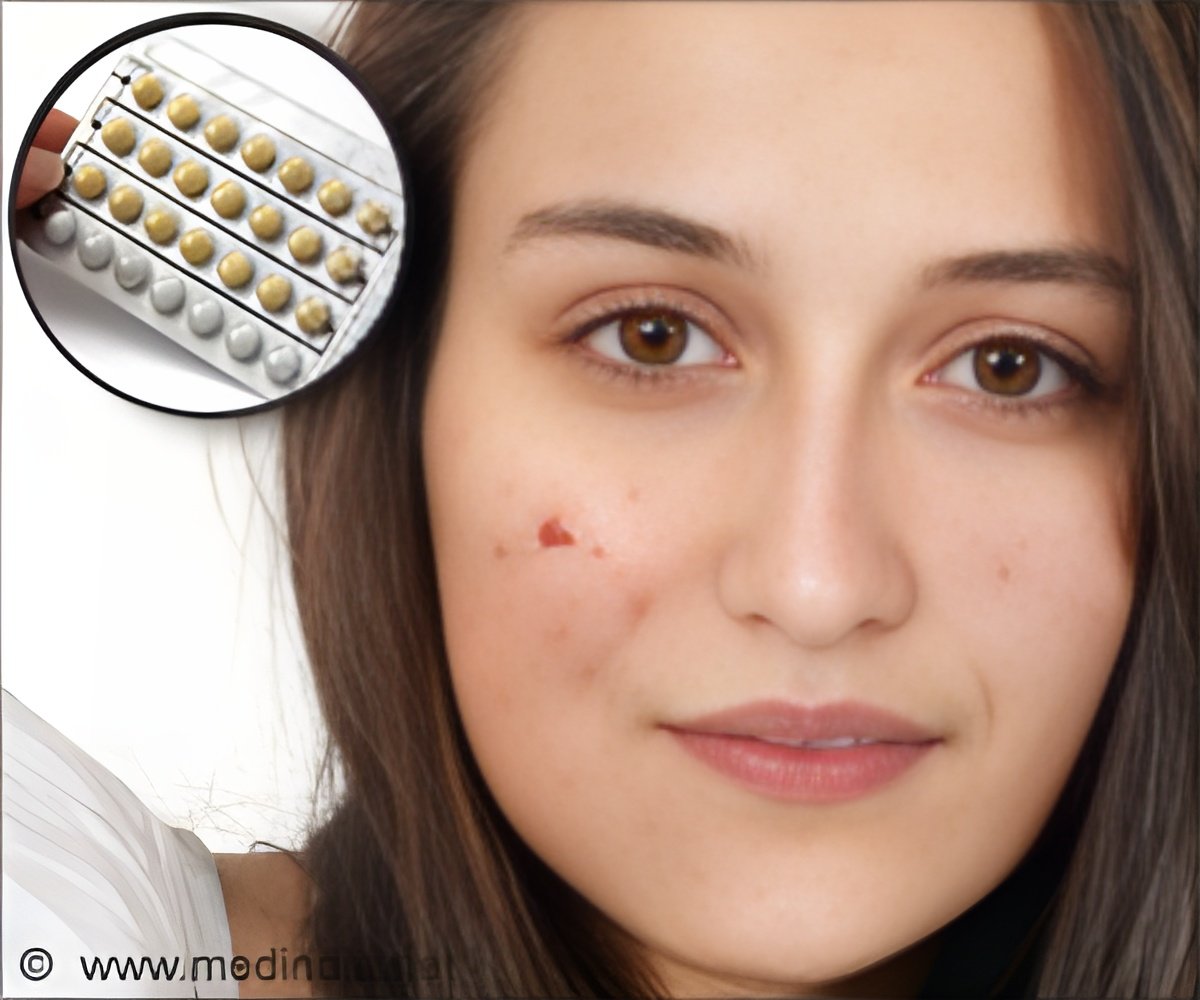Getting pimples on face? Taking period delay pills containing synthetic hormones like norethisterone can increase acne.

Postponing menstruation: choices and concerns
Go to source). However, taking these magic pills can wreak havoc on your skin.
‘Acne (pimple) is one of the most common side effects of taking period-delaying pills. #perioddelaypills #Acne #medindia’





Advertisement
Skipping Periods with a Pill
Period-delaying pills contain synthetic hormones like norethisterone, which can increase androgen (male hormone) levels, thereby leading to increased sebum production and acne (pimples), said Dr. M. Rajini, Consultant Gynecologist, CARE Hospitals Banjara Hills, Hyderabad.Advertisement
Side Effects of Period Delaying Pills
Anything taken in moderation is safe, whereas if taken in excess, it can cause some serious side effects. Though period-delaying pills are not harmful as such, some women experience side effects from the pill. Some common side effects include:- Acne
- Skin pigmentation
- Blood clots
- Irregular menstrual cycles
- Menstrual spotting
- Hormonal fluctuations
- Loss of sexual desire
- Breast pain
Menstrual Suppression
Go to source).
"Women who have a prior history of cardiovascular condition (heart problems) or have had episodes of stroke, or those who smoke should avoid taking these oral contraceptive pills,” said Dr. Shareefa Chause, Dermatologist and Cosmetologist, Shareefa’s Skin Care Clinic.
Advertisement
Simple Ways to Get Rid of Acne (Pimples)
Acne caused by frequent use of period delay tablets can be curbed by following a healthy skincare routine. In case one has to continue using period-delaying pills, make sure to start exfoliating and cleansing the skin along with a lightweight moisturizer. Opt for non-comedogenic products to reduce the chances of pore blockage or clogs and breakouts.Dr. Rajini suggested avoiding high-glycemic foods and dairy products, which may worsen acne. Applying creams and ointments containing benzoyl peroxide or salicylic acid can help clear acne. In case the acne persists, a dermatologist can prescribe stronger medications or hormonal treatments, she added.
If the acne persists longer than expected, it is important to consult a dermatologist for stronger medications and hormonal treatments to get rid of acne.
References:
- Postponing menstruation: choices and concerns - (https://srh.bmj.com/content/43/2/160.full)
- Menstrual Suppression - (https://www.ncbi.nlm.nih.gov/books/NBK592411/)
Source-Medindia










